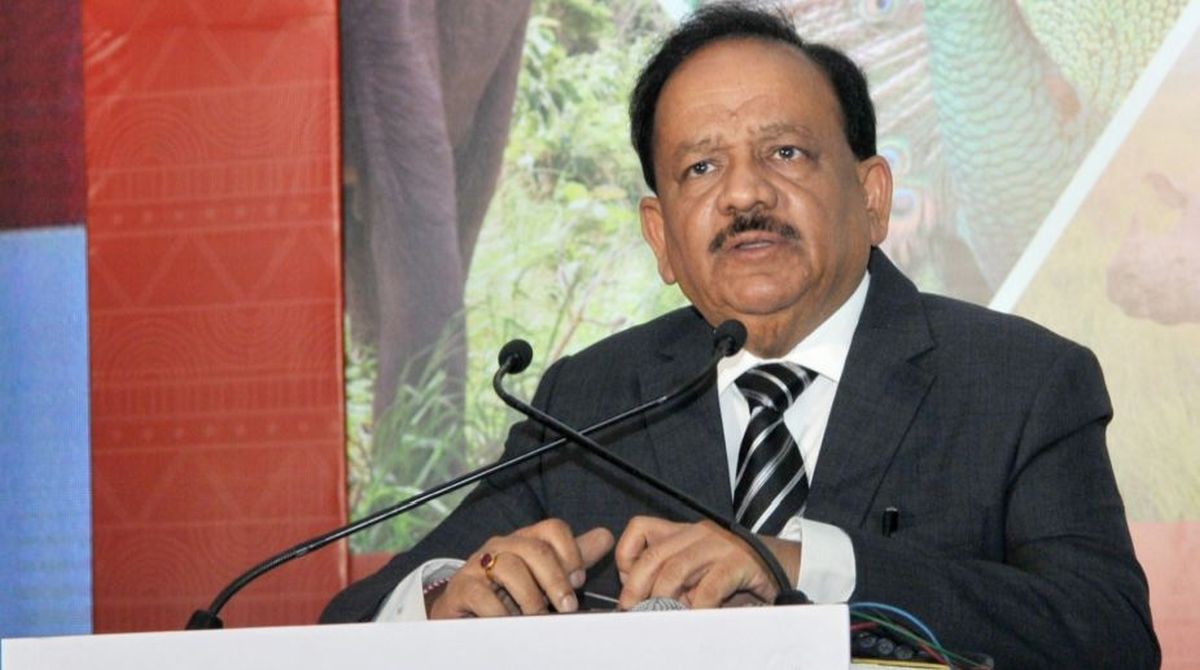Environment Minister Harsh Vardhan Tuesday said India did not wait for any report to realise that climate change posed a threat and made all efforts to combat global warming.
He was reacting to a report released Monday by the UN’s Intergovernmental Panel for Climate Change (IPCC) which stated that India could witness deadly heatwaves if the planet’s temperature goes up by two degrees Celsius.
Advertisement
Reacting to the findings of the report, Harsh Vardhan said, “We have not been waiting for a report to take action against climate change. We are already putting all our efforts to ensure that the global temperature does not further increase.”
He was talking to reporters on the sidelines of an event to release a report on ‘Strengthening Forest Fire Management in India’, jointly prepared by the Ministry of Environment, Forest and Climate Change and the World Bank.
Vardhan also expressed confidence that with all the steps in place, “India would be able to combat climate change”.
Junaid Ahmad, Country Director, the World Bank, said the world is relying on India more than before to address the challenges of climate change.
The IPCC, in its report on global warming, said limiting it to 1.5 degrees Celsius will require rapid, far-reaching and unprecedented changes in all aspects of society.
The report has predicted that India and other countries with large populations dependent on agriculture and fishery will be highly impacted due to greater sea level rise, higher frequency of droughts and floods, and heatwaves, the environmental think-tank CSE said.
The impact of 1.5 degrees Celsius warming is greater than what was anticipated earlier while the impacts at two degrees Celsius are “catastrophic” for the poor and for developing nations such as India, the Centre for Science and Environment (CSE) said.
The IPCC report said,”At +1.5C, twice as many mega cities as present such as Lagos in Nigeria and Shanghai in China are likely to become heat stressed, potentially exposing more than 350 million more people to deadly heat stress by 2050.”
“At +2C warming, Karachi (Pakistan) and Kolkata (India) could expect annual conditions equivalent to their deadly 2015 heatwaves (medium confidence),” it said.











